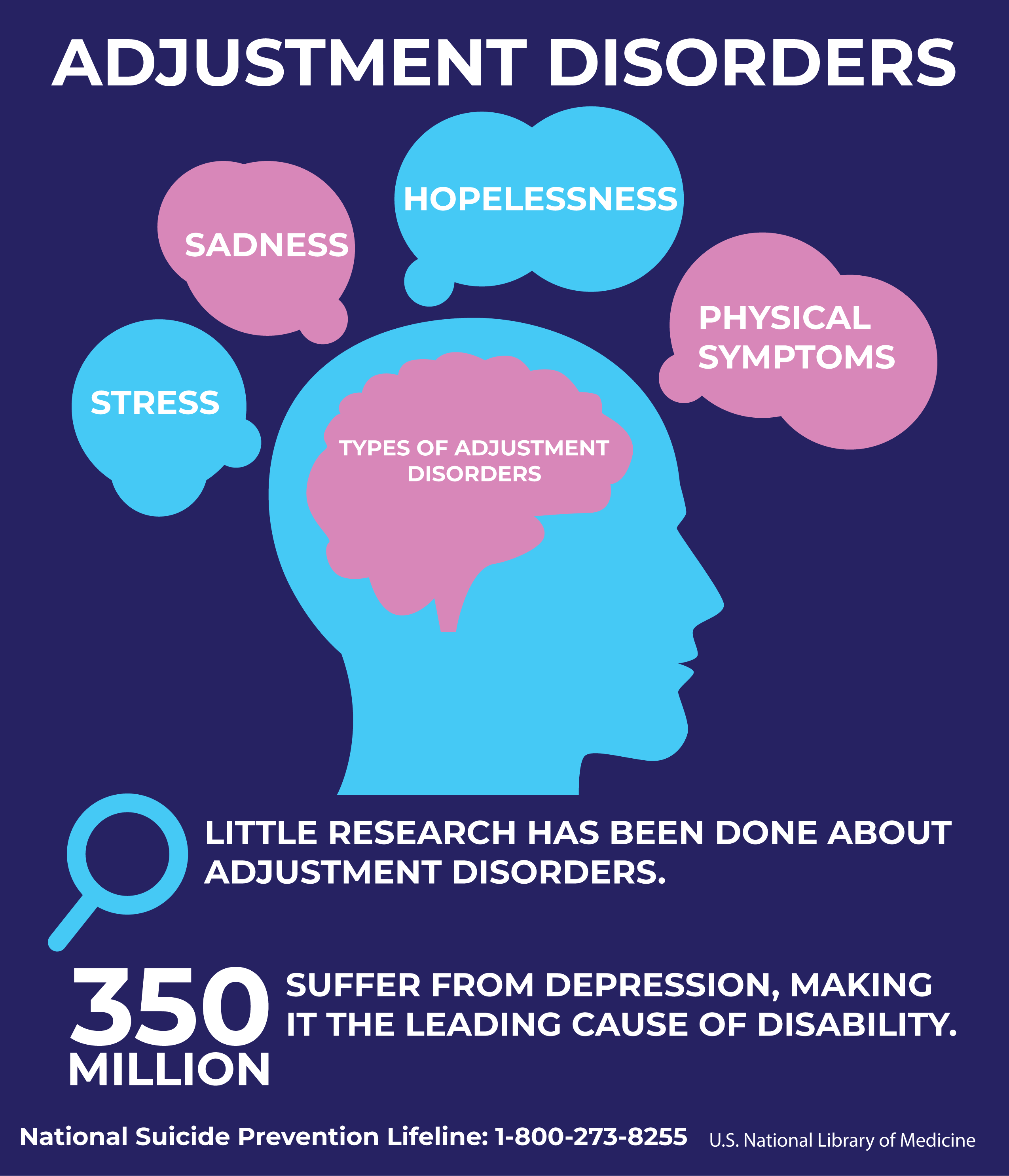Whether you are excited to graduate or nervous to be on your own, post-graduation depression is coming, and you might be its next target.
While there is no official diagnosis for post-graduation depression in the ICD-10 or the DSM-5, both used as Medical Coding References, Dylan Matsumori, director of the Health and Counseling Center, said it is a popular idea.
“I have read a few new articles out there about the idea,” Matsumori said. “I know there is little to no research articles to support the specific diagnosis. However, based on the new articles I have read, the idea of post-graduation depression appears to be similar to an adjustment disorder.”
According to U.S National Library of Medicine, an adjustment disorder is a group of symptoms, such as stress, feeling sad or hopeless, and physical symptoms that can occur after you go through a stressful life event.
DSU alumna Jordan Mae Noyes graduated in May of 2017 and said she believes that post-graduation depression exists because some people have focused on nothing but school their whole lives.
“It’s given them structure and friends,” Noyes said. “After graduation everything changes. Friends move away and you can lose that structure you’ve had the last 24 years of your life.”
Spencer Ricks is a DSU alumnus who graduated in December of 2017 with a bachelor’s in mass communication.
Ricks said he acknowledged the change between college and the real world after winter break. Once he had returned from home there was an uncertainty he felt of not knowing what the future would hold for him. However, Ricks said, “it was not depression.”
According to the World Health Organization, 350 million people suffer from depression, making it the leading cause of disability.
Leaving DSU was bittersweet for Ricks because he knew a lot of the things he built, the structure of his routine, and the professors he had would never be the same.
“I don’t know of anyone who has experienced it,” said Ricks. “But that is probably because depression is something that most people like to keep to themselves.”
According to the National Alliance on Mental Health, 75 percent of mental-health conditions begin by age 24. With this in mind, it is important for graduates to reach out for help as soon as possible.
“I believe almost all mental illness is under reported,” Matsumori said. “It is an uncomfortable subject for so many people and is often seen as a weakness or failure.”
There is no way to predict which people will be affected by post-graduation depression, but Matsumori said it is important for students to prepare, make connections, develop coping skills and go to therapy if the depression worsens.
The The National Suicide Prevention Lifeline is available 24/7 by calling 1-800-273-8255.




